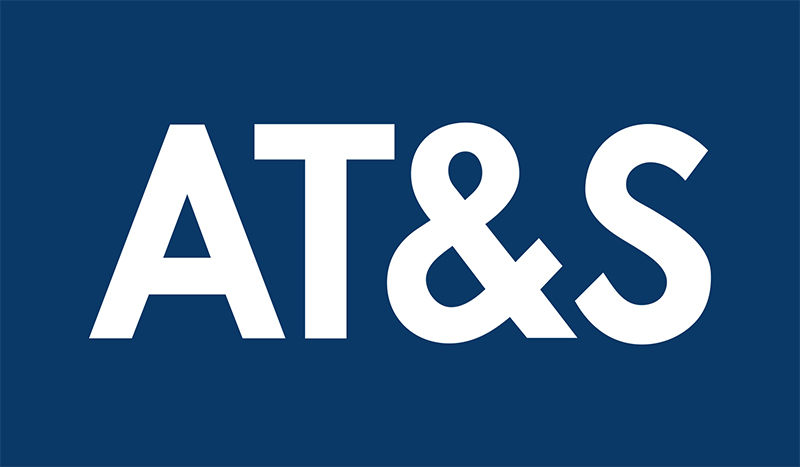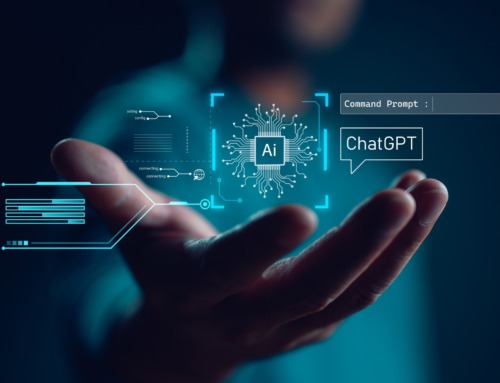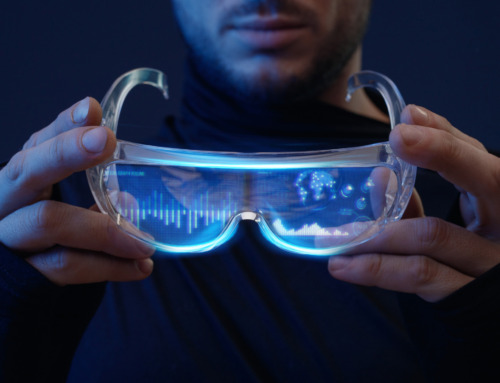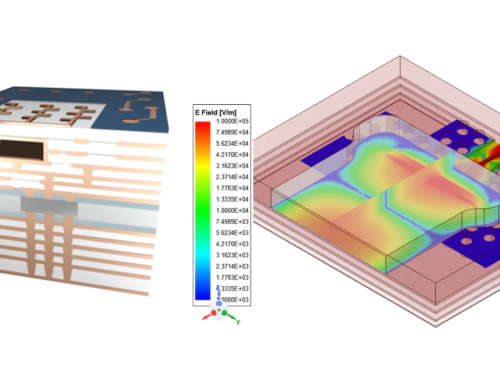Focus AI: 2023 marks the start of the era of Artificial Intelligence
From ChatGPT to EU regulation of artificial intelligence: 2023 has ushered in a new phase of digitalization that will transform our society.
Helmut Spudich
Roughly every 12 to 15 years, an outstanding invention triggers a powerful push for digitalization. In 1953, the IBM 701 Data Processing Machine was the first series of mainframes that laid the foundation for computerization. Comparatively bland, but not foreseen by any futurologist, was the first electronic pocket calculator from Texas Instruments in 1967.
The introduction of the PC into everyday professional and private life began with the IBM PC in 1981. At the same time, the foundations of the Internet were emerging, from the development of the Internet Protocol (IP) to the Domain Name System (DNS). With Netscape and Internet Explorer, the internet became suitable for the general public from 1994 onwards, while mobile communications also took off. In 2007, Apple bundled these parallel developments into a single device with the iPhone: computer, Internet, and cell phone merged to form the “smartphone”. And now, 15 years after the iPhone, the era of artificial intelligence has begun with ChatGPT.
Get into a conversation with AI
2023 was undoubtedly the year of artificial intelligence after AI pioneer OpenAI released version 3.5 of ChatGPT on November 30, 2022, for the general public to try out, play with, marvel at, and fear. What was unique about GPT was the ability of the AI model to enter into a dialogue with users that is indistinguishable from a conversation with another human. Of course, countless examples demonstrated ChatGPT’s limitations, from factual errors to “hallucinations”, the act of arbitrarily inventing an answer. However, it quickly became clear that the usefulness of so-called generative AI – AI that can generate speech, images, and music – far exceeds its weaknesses.
Although many years of development preceded the release of ChatGPT, not only OpenAI themselves but the entire tech industry was surprised by the hype that followed. Open AI called its creation a “low-key research preview”, and the plan was to use user feedback to improve version 4, which was already in development. However, within two months, ChatGPT 3.5 already had 100 million users, a milestone that Facebook only achieved after four and a half years. ChatGPT became so popular that it was named word of the year by the prestigious Economist magazine.
2023 suddenly became a race for countless new AI providers. OpenAI released the first commercial version, GPT 4, in March. Microsoft, OpenAI’s lead investor, integrated AI based on GPT 4 into its search engine Bing, followed by AI assistants in its software.
Google countered with “Bard” and limited use of AI in its apps; out of caution as the company explained. The number of AI providers is now ballooning. Facebook parent company Meta tried to pivot from the Metaverse to AI and released its own AI as an open-source model. Image-generating AI became popular with Stable Diffusion, Midjourney, and DALL-E. GPT 4 learned new tricks over the year: an interfaces for advanced users and developers to create unique applications based on ChatGPT 4. Thanks to the surge in reporting on generative AI, the enormous progress that AI and machine learning were making in other areas, such as medical diagnostics or the development of new drugs, became visible.
The race to catch up
The year 2023 is now coming to an exciting close with the release of “Gemini” from Google and we expect an equally exciting start for 2024. Google calls its latest offering a “multimodal” AI, meaning its artificial intelligence was not only trained on text but also on images, videos, and sound files, which can now be used for input and output. ChatGPT also features these capabilities. Google claims that Gemini outperforms its competitors for accuracy in various benchmark tests. This claim cannot be independently verified at the moment as Google will only gradually introduce Gemini to its products over the next few months.
Google may be catching up with OpenAI and Microsoft – but its latest announcement is not groundbreaking. It may well be that we are also experiencing a kind of plateau in current developments: in 2023, artificial intelligence has shown that it is “the next big thing” in digitalization. But we may have reached the peak of AI hype when the gradual exploitation of its potential is no longer as spectacular as it was at first appearance.
With Google Gemini, another development phase begins: the regulation of AI development by society to prevent possible dangers. Gemini will be launched in 170 countries, but not in the EU and the UK. The reason for this exclusion is apparent: At the same time as Google presented Gemini, the EU reached an agreement on the AI Act, a regulatory framework for the future development of AI, on December 9, 2023. Europe’s economy could be stronger in developing its own AI systems. But as a piece of legislation, the EU AI Act will have a lasting influence on the offerings that OpenAI, Microsoft, Google, and many others will bring to the market. 2024 will be exciting.
分享文章:




